Rikki Neave: James Watson guilty of schoolboy's 1994 murder
- Published
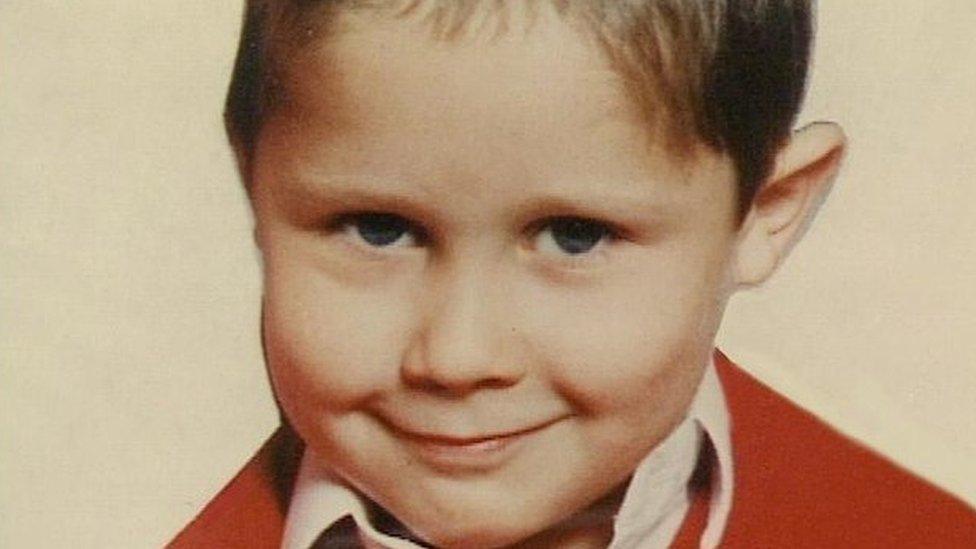
Rikki Neave's body was found near his Peterborough home on 29 November 1994
A man has been found guilty of murdering a six-year-old schoolboy more than 27 years ago.
Rikki Neave disappeared on 28 November 1994 and his body was found in woods near his Peterborough home the following day.
He had been strangled and his naked body deliberately posed in a star shape by his killer.
James Watson, now 41 but 13 at the time of Rikki's death, was found guilty by jurors at the Old Bailey in London.
He was the second person to stand trial for Rikki's murder, after the boy's mother Ruth Neave was cleared by a jury in 1996.
Watson was convicted after jurors were given a majority verdict direction by judge Mrs Justice McGowan. They deliberated for 36 hours and 31 minutes following the 11-week trial.
Ms Neave described her son's murderer as a "monster", criticised the original investigation and said police and social services "totally ruined mine and my daughters' lives".
In a statement, she said: "The only thing now is to close this chapter in my life and open a new one.
"I wonder what Rikki would be like today, married, children? Who knows?
"But this monster has taken that all from me and my daughters."
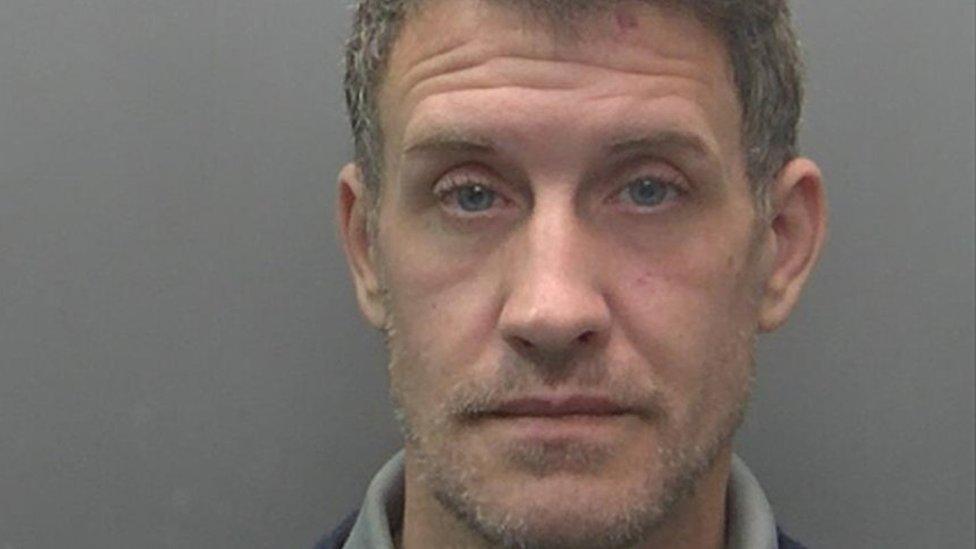
James Watson was originally arrested for the murder in 2016
A cold case investigation into Rikki's murder was opened in 2015.
Adhesive tapings from his clothes were examined and a DNA match to Watson was made.
Watson claimed he may have lifted Rikki to help him see over a fence, but police found archive TV footage showing there was no fence at the time.
Jurors heard Watson strangled his victim with a ligature or anorak collar to fulfil a "morbid fantasy" he had told his mother about three days before.
He stripped Rikki and posed his naked body in a star shape for sexual gratification, the court heard.
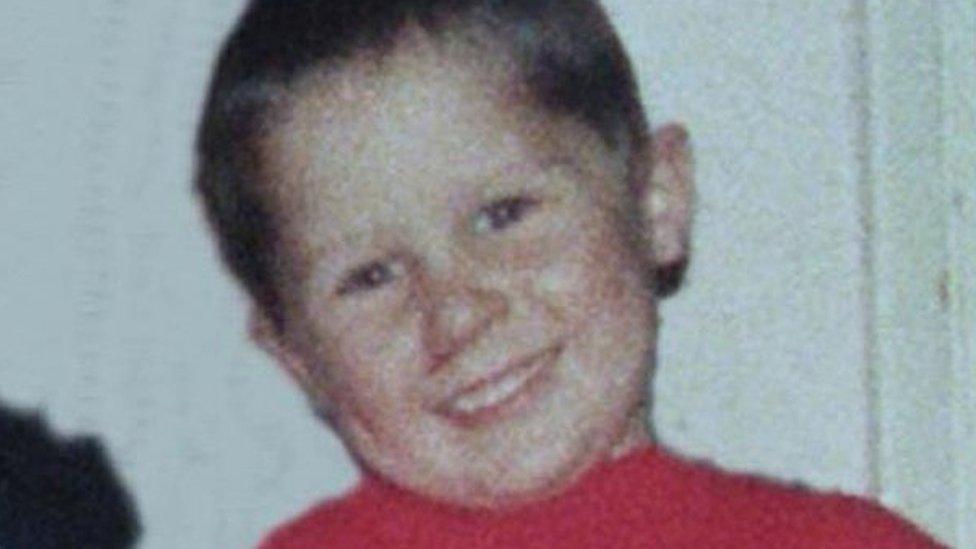
Police believe Rikki was murdered for Watson's "sexual gratification"
Watson was interviewed as a witness by police in 1994 after an elderly resident reported seeing him with Rikki.
Rikki's last meal of Weetabix fixed his time of death at about midday, which meant the boy was killed shortly after being seen with Watson.
Police had previously interviewed Watson over an allegation he molested a five-year-old in 1993.
A former girlfriend also told jurors he put his hands around her throat during sex.
While on bail following his arrest in 2016, Watson left the UK in a motorhome via the Dover ferry port with another bail hostel resident.
He contacted his sister from France and she told the trial that Watson said he "was in a lot of trouble and he had made a huge mistake".
Watson was re-arrested near the British Embassy in Lisbon and was brought back to the UK.
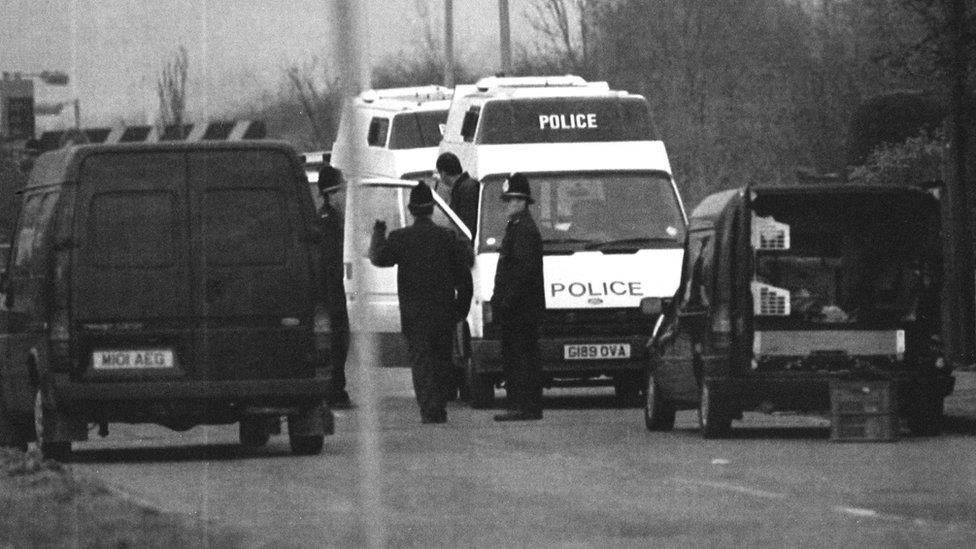
Police on the scene shortly after the murder of Rikki Neave in 1994

BBC correspondent Jo Black at the Old Bailey
Rikki Neave was a cheeky and mischievous six-year-old who loved playing on his Game Boy.
The woodland on the edge of Peterborough's Welland estate was a place where Rikki would play, build dens, catch frogs and run around with sticks - "boy's stuff" as one of his friends described it.
But it's also the place where he was murdered and left so callously in a Vitruvian man pose. Today, many of those directly touched by this tragedy have left the estate and moved elsewhere.
And while some of today's residents are too young to recall what happened back in 1994, there are people who stayed and remember it like it was yesterday.
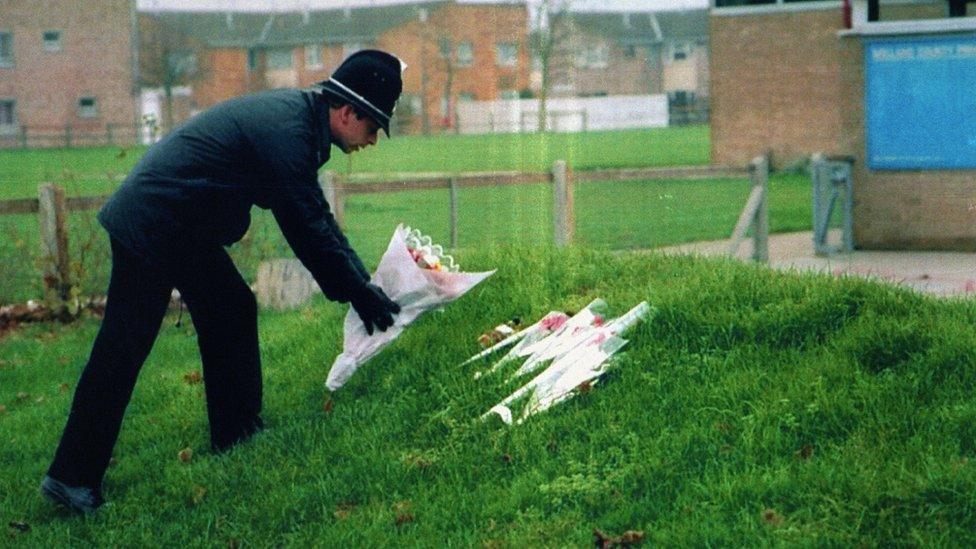
A police officer lays flowers in tribute to Rikki in 1994
At the time of Rikki's death, a friend of the Neave family said she "couldn't wait" to find out who had killed Rikki, so it could offer some "peace of mind".
That road to justice has taken almost 28 years and has been complex. James Watson was an adolescent, he murdered a small boy and then kept quiet.
But the vociferous campaigning by Rikki's family seeking answers, advances in forensic science and a re-examination of the evidence by a completely new team of police officers led to Watson being convicted.

Reacting to the verdict, Rikki's sister Rochelle Neave, 30, said: "He thought he'd got away with it for that many years and thought we were just going to go away and roll under the table. We weren't."
Youngest sister Sheradyn Neave, 27, who was a baby when Rikki died, added: "I think we were let down by the police at the time, we were let down by social services, we were let down by everyone who was in our lives who was meant to care."
Former assistant chief constable Paul Fullwood, who led the cold case investigation for Cambridgeshire Police, called Watson "a fantasist, a dangerous individual and a compulsive liar".
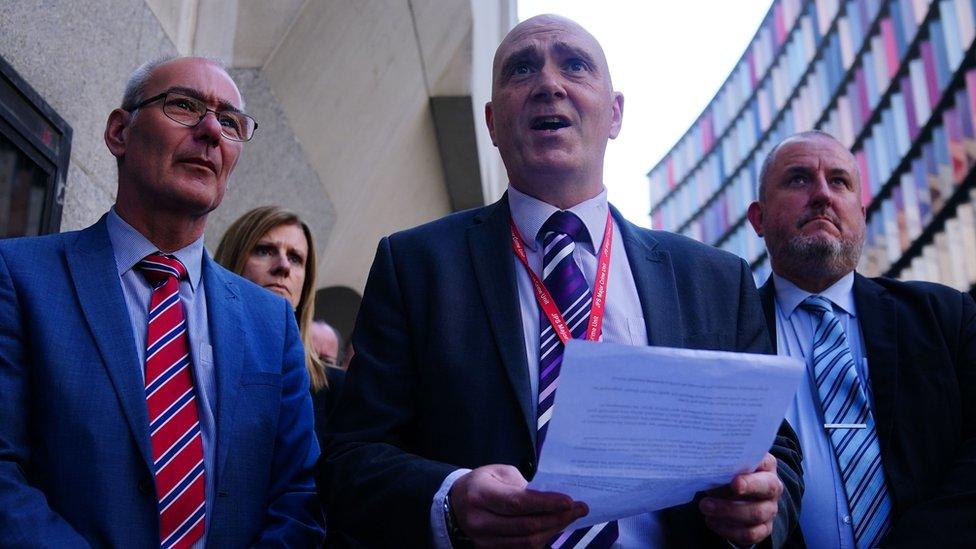
Former assistant chief constable Paul Fullwood said he hoped the verdict "brings some closure"
Speaking outside the Old Bailey, he acknowledged "there's lessons that have been learned since the 1994 investigation".
He added: "We've spoken to Ruth [Neave] and we hope that today's verdict brings some closure for the years and years of the investigation while it's gone on."
Clare Forsdike, a senior crown prosecutor at the Crown Prosecution Service, said the conviction "concludes an appalling unsolved crime almost 30 years after it happened. It brings justice for Rikki."
"Only James Watson knows why he did it. He remained silent for two decades and then put Rikki's family through the agony of a trial," she said.
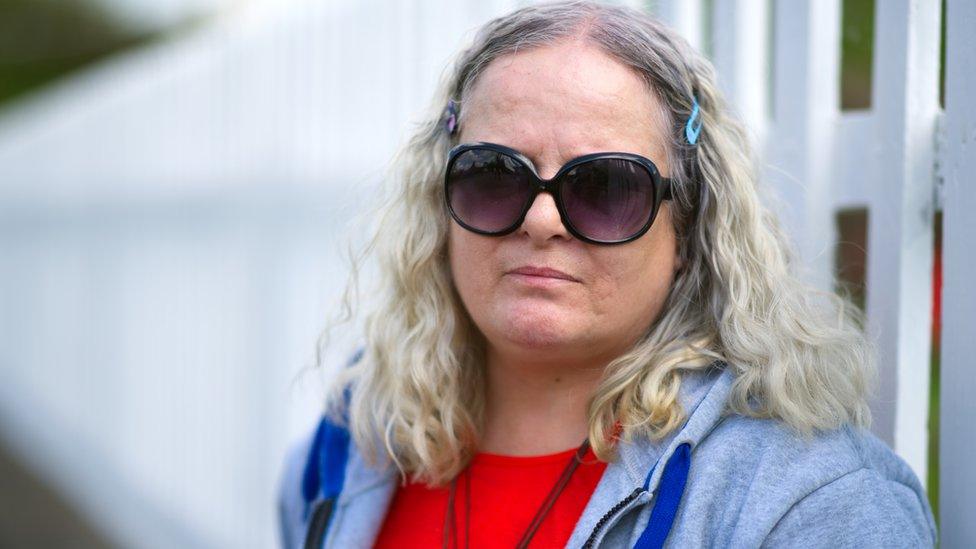
Rikki's mother Ruth Neave campaigned in trying to keep attention on the case
Jurors were told that during the original police case against mother Ruth Neave, incorrect weight was given to sightings of Rikki, at a time when reliable evidence showed he was already dead.
"This fundamental error deflected the focus of attention of the investigation," prosecutor John Price QC said.
She was cleared of his murder, but jailed for child cruelty - a charge she subsequently claimed to have been "bullied" into admitting.
Watson will be sentenced on 9 May.

Find BBC News: East of England on Facebook, external, Instagram, external and Twitter, external. If you have a story suggestion email eastofenglandnews@bbc.co.uk, external
Related topics
- Published24 June 2022

- Published29 March 2022

- Published23 March 2022

- Published28 February 2022
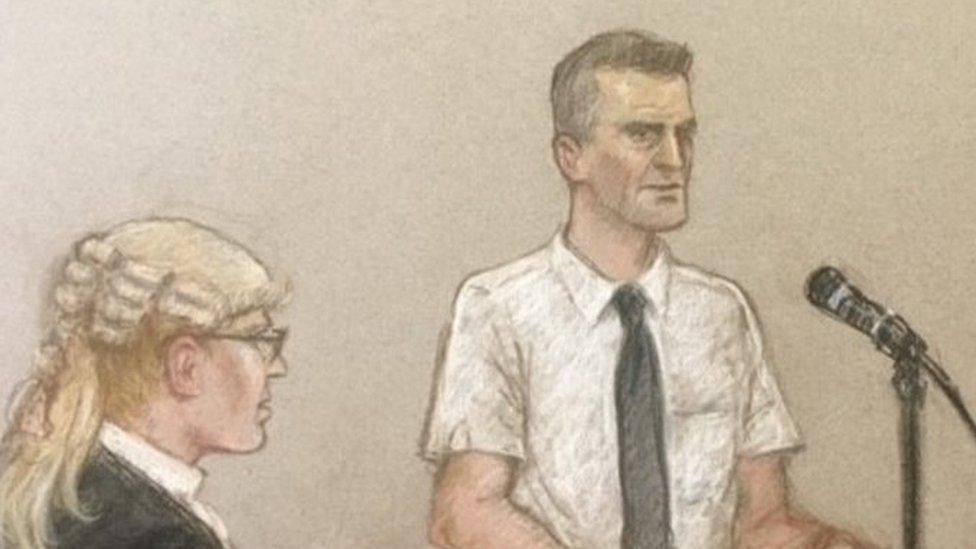
- Published14 February 2022

- Published27 January 2022

- Published20 January 2022

- Published19 January 2022

- Published18 January 2022
